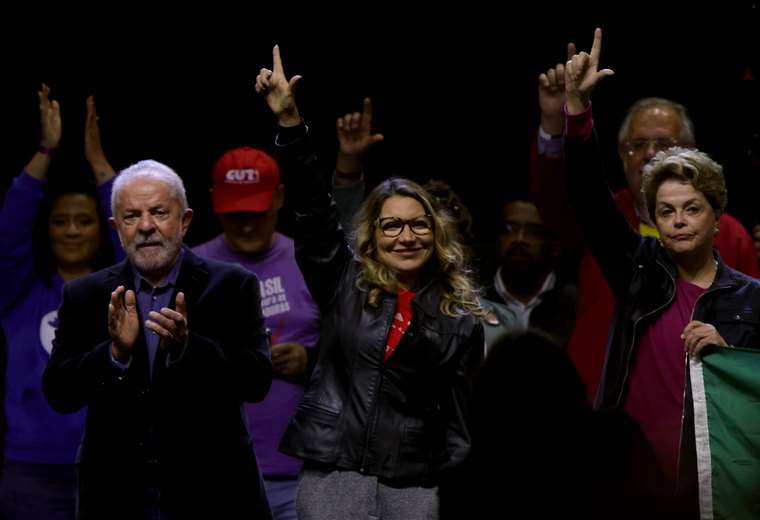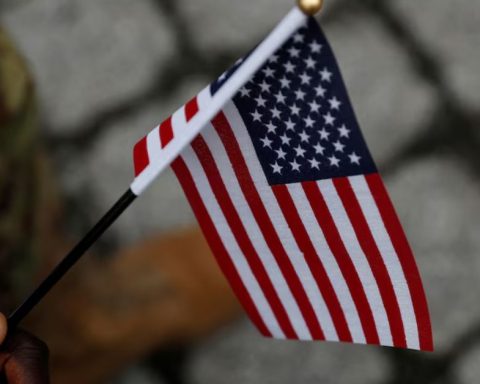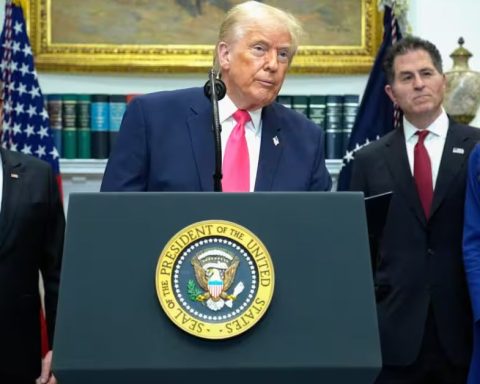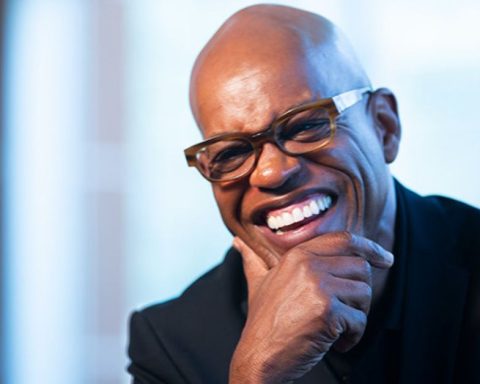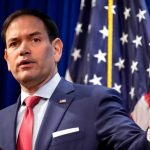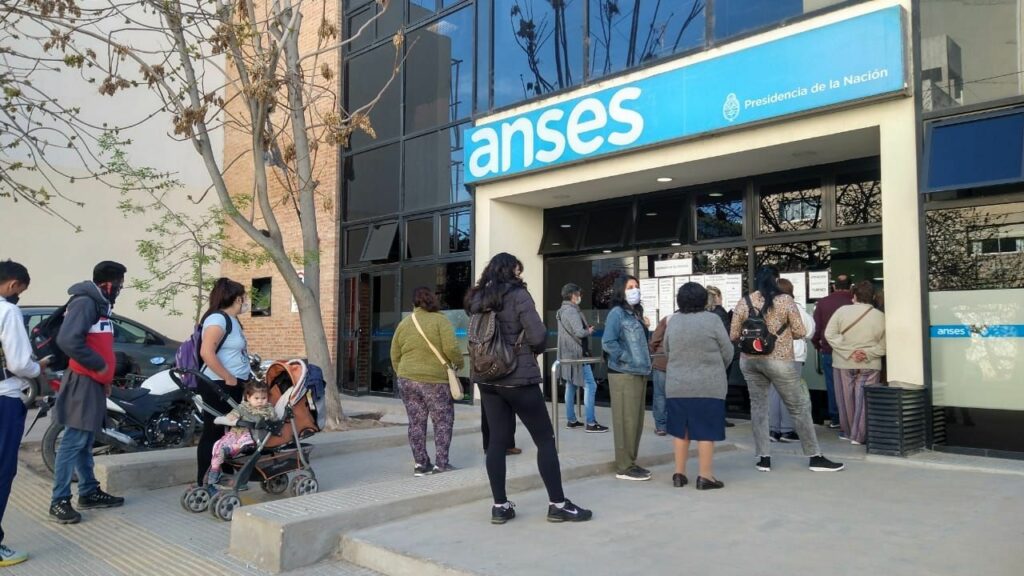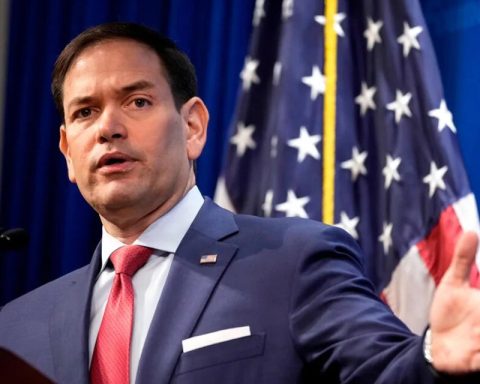September 18, 2022, 4:00 AM
September 18, 2022, 4:00 AM
Former President of Brazil Luiz Inacio Lula da Silva continues to lead the electoral race heading to October 2 before President Jair Bolsonaro, according to a survey by the Datafolha Institute released on Thursday.
A little more than two weeks before the first round, Lula maintains 45% of voting intentions compared to 33% for Bolsonaro, a scenario of “total stability” in relation to last week’s survey (45% vs. 34%), said the director of Datafolha, Luciana Chong, when presenting the results.
The center-left Ciro Gomes is third, with 8%, technically tied with the centrist Simone Tebet, who has 5%.
Despite the scenario of stability, with variations within the margin of error of +/- 2 points, support for the far-right president has grown in recent months, closing the distance with Lula, who last May surpassed him by 21 points.
To win in the first round, a candidate needs more than 50% of the valid votes (no blanks or null votes). Following this criterion, Lula would get 48% of the valid votes.
In a possible ballot, he would beat Bolsonaro by 54% to 38%.
Pollsters harassed
The conservative president, however, discredits the polls. “The lying Datafolha is not here. Here is our Datapueblo,” he told a crowd of supporters in Brasilia last week, a speech echoed by many of his most ardent supporters.
Datafolha affirms that their pollsters have been harassed increasingly by doing their work in various regions of the country. A woman was filmed and exposed on social networks by a man who accused her of not wanting to interview him because she is a follower of Bolsonaro.
“If you say you support Bolsonaro, she runs… look how she ran, see the lie, the farce,” said the man, as he chased the pollster down the street.
Chong explained to AFP that “do not accept interviews from people who offer themselves to answer the questionnaire is one of the main rules” to ensure that the surveys are not biased.
Jair Bolsonaro’s wife Michelle, affirms that “he is chosen by God” to save Brazil and help women. The first lady gained prominence in the campaign to retain evangelicals and take on the difficult task of attracting the female vote, but she has not gravitated in the polls.
